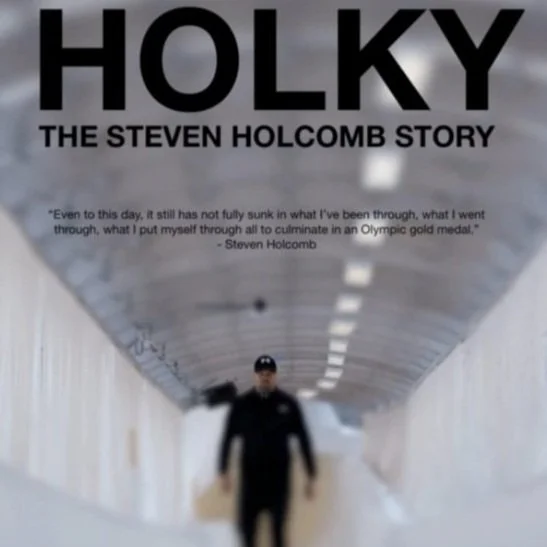The DIscord Leaks (2023)
EMMY NOMINATED - OUTSTANDING MUSIC COMPOSITION: NEWS
FRONTLINE and The Washington Post investigate how a young Air National Guardsman, Jack Teixeira, allegedly leaked classified documents on the Discord chat platform for over a year. The investigation raises tough questions about how the military’s vetting process addresses applicants’ internet activity, how Discord polices hate speech on its platform, and why the alleged leaker — who has pleaded not guilty — wasn’t stopped sooner despite multiple red flags.
Putin’s Attack on Ukraine: Documenting War Crimes (2022)
FRONTLINE and the AP uncovered exclusive evidence that links possible war crimes in Bucha through the chain of command to one of Russia’s top generals — evidence that prosecutors hope might help build a case against Russian President Vladimir Putin in court. But the joint investigation also explores the challenges of trying to hold Putin and other Russian leaders to account.
Surveillance Footage (2021)
Surveillance Footage, by Agatha Scaggiante with music by Griffin Jennings. The film is composed of excerpts of open-source CCTV video feeds from around the world, accessed online from the artist’s own computer. It is a haunting collection of moments that reveal the strange and the beautiful of the everyday, moments caught on camera without the subjects’ and landscapes’ awareness of their being watched. Surveillance Footage premiered at the Sett Studios exhibit in Edinburgh, Open-Up-To-Right-Here and has since been shown at Musk in the Attic in London.
Holky: The Steven Holcomb Story (2021)
Steven Holcomb, known to his team and friends as "Holky", is the greatest American bobsledder ever. But Steven has a dangerous secret: He is going blind - and he's the bobsled driver. In the last interview conducted before he passed away at the age of 37, Steven tells his own story of rising through the ranks as a bobsled driver and hiding his blindness from his team even as he becomes one of the best sled drivers in the world. At a time when society is finally beginning to discuss the mental health of athletes, the film makes an invaluable contribution to this important conversation.
Boeing’s Fatal Flaw (2021)
In October 2018, a Boeing 737 Max passenger jet crashed shortly after takeoff off the coast of Indonesia. Five months later, following an eerily similar flight pattern, another 737 Max 8 went down in Ethiopia. Everyone on board the flights died. "Boeing's Fatal Flaw," a FRONTLINE documentary in collaboration with The New York Times, tells the inside story of what led up to the crashes — revealing how intense market pressure and failed oversight contributed to tragic deaths and a catastrophic crisis for one of the world’s most iconic industrial names.
Opioids, Inc. (2020)
Pushing opioids. Bribing doctors. Making millions. FRONTLINE and the Financial Times investigate how Insys Therapeutics profited from a fentanyl-based painkiller up to 100 times stronger than heroin — and how some Wall Street investors looked the other way.
Into the Zone (2020)
Into the Zone is a podcast about opposites, and how borders are never as clear as we think. With a novelist’s eye for the unexpected, host Hari Kunzru takes the listener around the world, meeting philosophers and punk musicians, New Age gurus and space explorers, to investigate the gray zone between life and death, public and private, black and white, and more.
Right to Fail (2019)
Thousands of New Yorkers with severe mental illnesses won the chance to live independently in supported housing, following a 2014 federal court order. FRONTLINE and ProPublica investigate what’s happened to people moved from adult homes into apartments and find more than two dozen cases in which the system failed, sometimes with deadly consequences.
Spacebridge (2019)
Produced by Radiotopia, Spacebridge is a podcast that tells a largely-forgotten saga of the late Cold War, when despair about the prospects of a nuclear conflict gripped the world. Both Soviets and Americans grasped at emerging communication technology via satellite and early Internet “spacebridges” that brought together citizen diplomats ranging from New Agers to tech-enthusiasts to astronauts. The urge to “just connect” helped tilt the world from top-down broadcasting to the more horizontal, Internet-levelled society where we all now live…for better and/or for worse.


